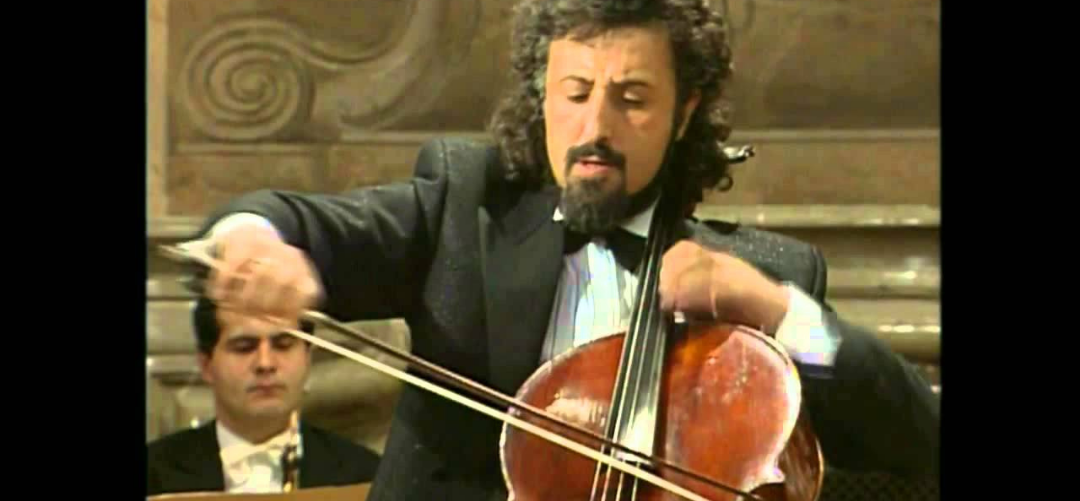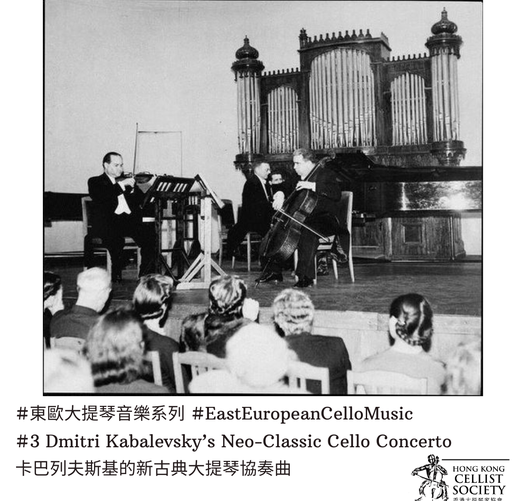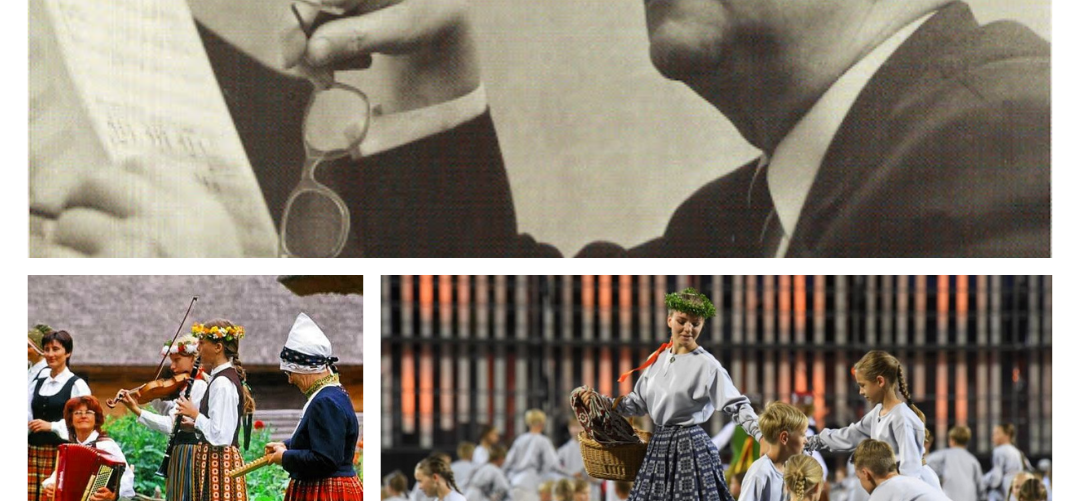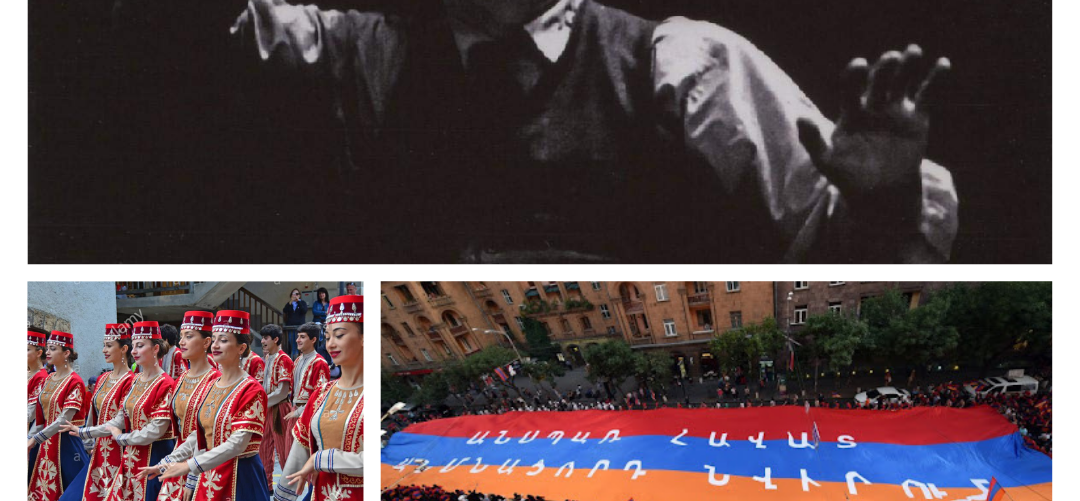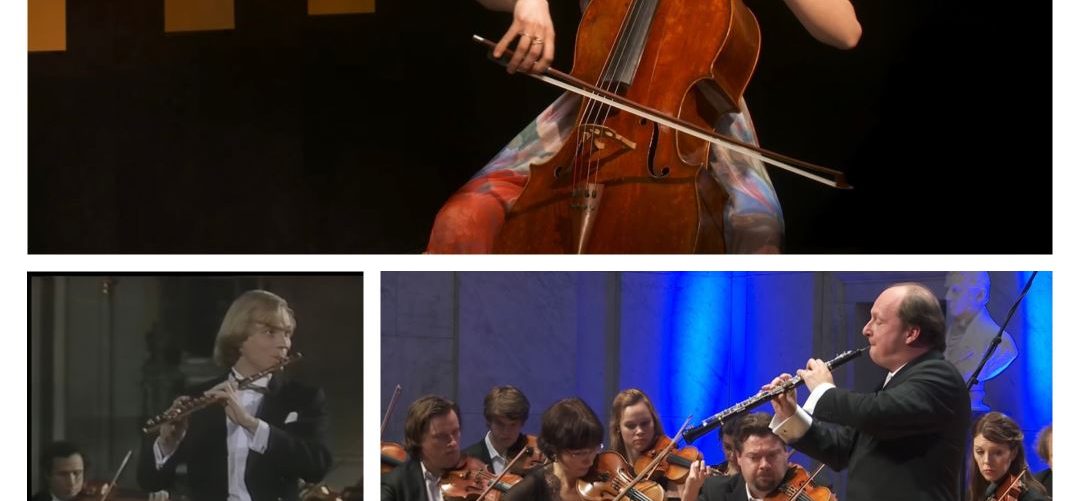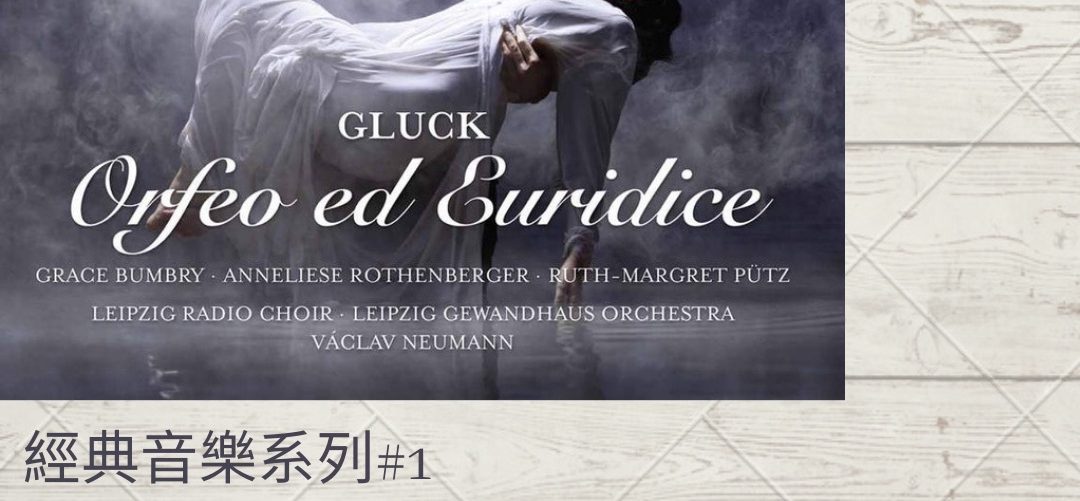How difficult is it to play the cello? –Prokofiev’s concerto symphonies A series of previous articles have described the technical demands placed on the cello by different concertos. It is true that the more difficult the movement, the more demanding it is for the cellist, but the more it allows the musician to shine on…
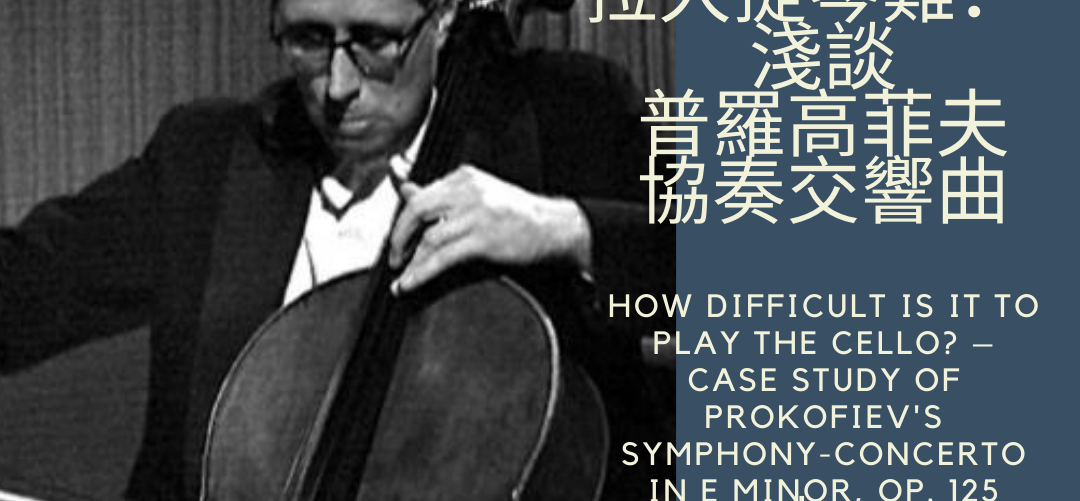


 繁體中文
繁體中文